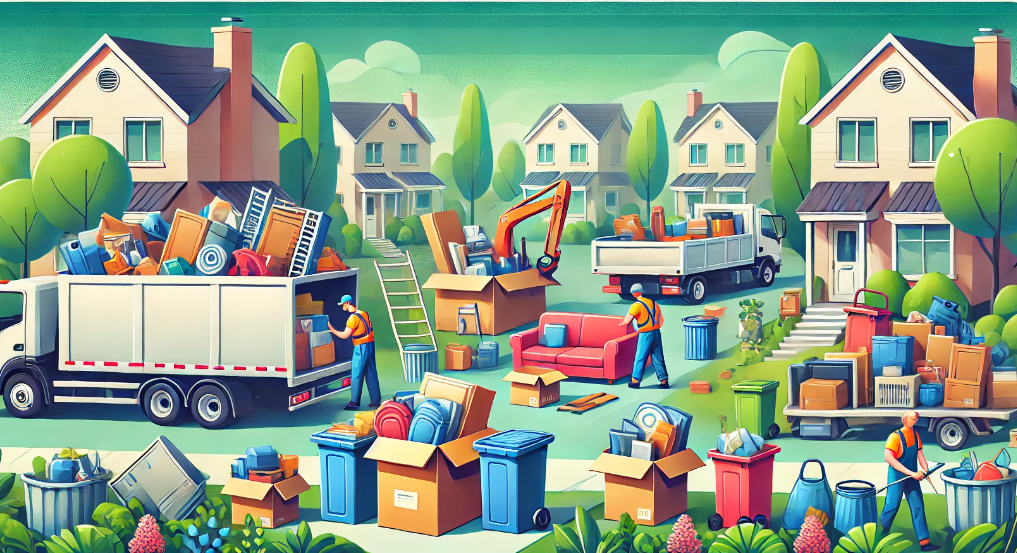
The Complete Guide to Household Junk Disposal: Tips for a Clutter-Free Home
Dealing with household junk is a common challenge for many homeowners. Over time, unwanted items accumulate, turning basements, attics, and garages into cluttered spaces. Whether you're preparing for a move, a renovation, or just want to reclaim some space, knowing how to properly dispose of household junk is essential. In this guide, we’ll cover the best practices for household junk disposal, including eco-friendly options, what to do with large items, and how to maintain a clutter-free home. Let's dive into the steps you can take to make junk disposal simple and stress-free.
Understanding Household Junk: What Can Be Disposed Of?
Household junk can range from old furniture and electronics to broken appliances and general clutter. The first step in effective disposal is understanding what can be thrown away, what should be recycled, and what might be donated.
Common Types of Household Junk
- Old Furniture: Sofas, chairs, tables, and mattresses.
- Appliances: Refrigerators, stoves, microwaves, and dishwashers.
- Electronics: TVs, computers, phones, and printers (e-waste).
- Yard Waste: Branches, leaves, grass clippings, and old gardening tools.
- General Clutter: Boxes of old clothes, books, toys, and other miscellaneous items.
Items to Consider for Donation or Recycling
Before you toss everything into the trash, consider if any of your items can be donated or recycled. Many charities accept gently used furniture, clothes, and electronics, while recycling centers can take care of items like appliances and e-waste.
Step-by-Step Guide to Household Junk Disposal
Disposing of household junk doesn’t have to be overwhelming. Here’s a step-by-step guide to help you through the process:
1. Assess the Junk
- Inventory Check: Start by taking stock of all the items you need to dispose of. Make a list and categorize them by type—furniture, electronics, general clutter, etc.
- Condition Assessment: Determine the condition of each item. Can it be reused, recycled, or should it be thrown away? This will help you decide the best disposal method for each item.
2. Sort and Organize
- Create Piles: Sort items into piles—keep, donate, recycle, and trash. This will make the disposal process more organized and manageable.
- Label Containers: Use labeled boxes or bags for smaller items to keep everything organized. Clearly mark what is to be donated, recycled, or discarded.
3. Choose the Right Disposal Method
- Donation: Gently used items can be donated to local charities, thrift stores, or shelters. This not only helps those in need but also reduces landfill waste.
- Recycling: Take advantage of local recycling programs for items like electronics, paper, and plastic. Many communities offer special recycling days for large items or hazardous waste.
- Trash Removal: For items that cannot be donated or recycled, arrange for trash removal. You can either use regular curbside pickup or rent a dumpster for large quantities of junk.
4. Plan for Large Items
- Bulk Pickup: Contact your local waste management service to schedule a bulk pickup for large items like furniture or appliances. This is often included in regular trash service but may require advance notice.
- Dumpster Rental: For major cleanouts, such as before a move or renovation, renting a dumpster might be the best option. This allows you to dispose of large amounts of junk at your own pace.
5. Consider Professional Junk Removal Services
- When to Hire Help: If the job feels too big to handle on your own, consider hiring a professional junk removal service. They can take care of everything from heavy lifting to responsible disposal, saving you time and effort.
- Choosing a Service: Look for licensed, insured services with good reviews. Be sure to ask about their disposal practices to ensure they recycle or donate items whenever possible.
Quick Reference for Household Junk Disposal Methods
| Item Type | Disposal Method | Additional Notes |
|---|---|---|
| Furniture | Donation, Bulk Pickup, Dumpster | Check with local charities for donation options |
| Electronics (E-waste) | Recycling, Professional Services | Many electronics retailers offer take-back programs |
| Appliances | Recycling, Bulk Pickup, Dumpster | Consider professional removal for heavy items |
| Yard Waste | Composting, Yard Waste Pickup | Yard waste can often be composted or mulched |
| General Clutter | Donation, Recycling, Trash Pickup | Sort through items to recycle or donate first |
The Importance of Eco-Friendly Disposal
Disposing of junk responsibly is crucial for minimizing environmental impact. Landfills are overflowing with items that could have been recycled or reused, contributing to pollution and resource depletion. By choosing eco-friendly disposal methods, you can help reduce waste and promote sustainability.
1. Recycling
- E-waste: Electronics contain hazardous materials that shouldn’t end up in landfills. Recycling these items prevents toxic substances from contaminating the environment.
- Paper and Plastic: Many household items can be recycled, reducing the need for new raw materials and lowering greenhouse gas emissions.
- Metal and Wood: Old appliances and furniture can often be recycled, saving valuable resources and energy.
2. Donation
- Giving Back: Donating usable items not only helps others but also keeps those items out of landfills. Charities can often pick up large donations, making it convenient to give back.
- Tax Deduction: Donating items to a registered charity may also qualify you for a tax deduction. Be sure to keep a receipt and itemized list of what you donate.
FAQs About Household Junk Disposal
Q: What items should I not put in the trash?
Hazardous materials like batteries, chemicals, and electronics should never be thrown in the regular trash. These items require special disposal to prevent environmental harm. Check with your local waste management service for guidelines.
Q: How can I get rid of large furniture?
You can arrange for a bulk pickup with your local waste management service, rent a dumpster for larger quantities, or hire a professional junk removal service. Some charities may also accept furniture donations.
Q: Can I recycle old appliances?
Yes, many appliances can be recycled. Check with your local recycling center or appliance retailer, as they often offer recycling programs for old appliances.
Q: How do I dispose of old electronics?
Electronics should be recycled through a certified
e-waste recycling program. Many communities have designated drop-off locations or events for electronic waste disposal.
Q: What’s the best way to handle a large-scale cleanout?
For large-scale cleanouts, consider renting a dumpster or hiring a professional junk removal service. This will make the process more efficient and help ensure that items are disposed of responsibly.
EMAIL US
Get A Free Estimate
Sign up to our newsletter
We will get back to you as soon as possible
Please try again later
Cities we service
Cape Coral
Bonita Springs
North Fort Myers
Lehigh Acres
Captiva
St James city
Bokeelia
Estero
Services
Hours
Monday : 8am - 6pm
Tuesday : 8am - 6pm
Wednesday : 8am - 6pm
Thursday : 8am - 6pm
Friday : 8am - 6pm
Saturday : 8am - 6pm
Sunday : 8am - 6pm
All Rights Reserved | Pure Disposal


